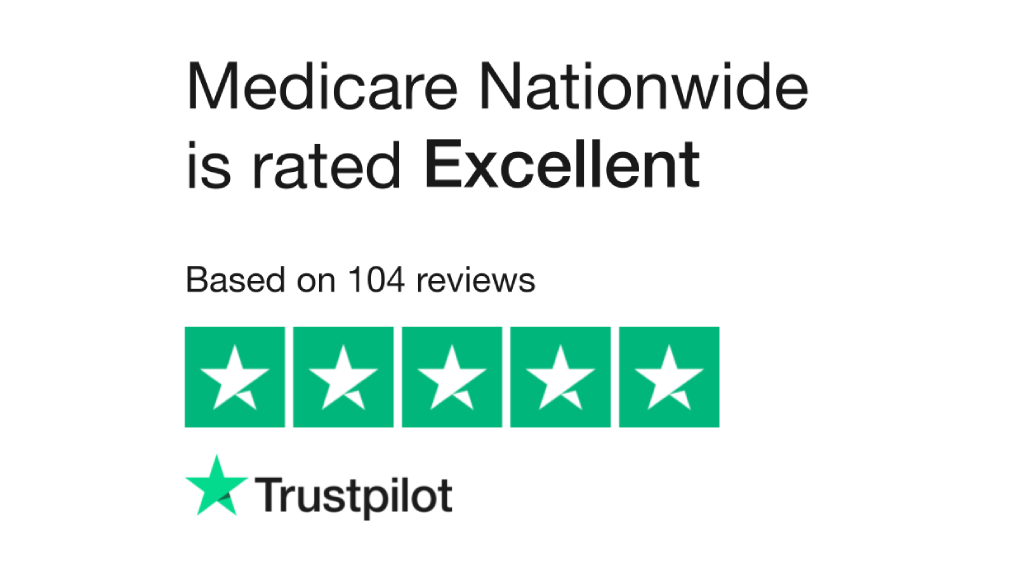Part A Hospital Coverage:
Most people won’t pay a premium for Medicare Part A, provided they’ve worked at least 10 years. If you don’t meet that requirement, a premium may apply. But Plan G can help cover the costs you’d otherwise owe under Part A.
Part B Medical Costs:
To activate Part B coverage, a deductible must be met first. In 2024, that amount is $257. Depending on your income and Medicaid eligibility, your Part B premiums may vary. Medicare Plan G helps cover these costs—excluding only the Part B deductible.
It’s essential to review your specific circumstances to determine the accurate Part B deductible.
Federally Standardized Coverage
One of the advantages of Plan G is that it’s standardized nationwide. This means coverage remains the same, no matter which insurance company you choose. However, pricing can vary widely due to company-specific factors like claims history, market competition, and health demographics.
Rate Adjustments and State-Level Variation
Plan G rates can differ significantly by state. Insurance is regulated at the state level, and carriers may raise or adjust premiums annually—sometimes more than once. Common adjustments range from 3% to 10%, though extreme changes between -35% to +35% have occurred.
Cost Comparison: Medicare Plan G vs. Medicare Advantage Plans
Let’s explore a real-world example. Suppose you pay $150 per month for Plan G, totaling $1,800 annually. Add the $257 Part B deductible, and your total yearly cost is $2,057.
Compare that to a Medicare Advantage plan where you might face:
A $6,700 out-of-pocket limit
$1,750 in hospital copays
$10,000 in costs for doctors who don’t accept your plan
That brings your total to $18,450—over $16,000 more than Plan G in this scenario.
Medicare Plan G
Premiums: Let’s assume $150 per month, totaling $1,800 per year
Part B deductible (included in Plan G): $257
Total Medicare Plan G costs: $1,800 + $257 = $2,057
Savings with Medicare Plan G: $18,450 – $2,057 = $16,393
In this scenario, if you have a year with significant healthcare expenses where you require regular medical attention, the potential savings with Medicare Plan G compared to a Medicare Advantage plan could be approximately $16,393.
Medicare Advantage Plan
Maximum out-of-pocket limit (including deductible): $6,700
Copayments (not included in deductible): $350/day for the first five days in the hospital (assuming $1,750 in total)
Out-of-pocket Medicare expenses due to doctors not accepting the plan that would have accepted Medicare: $10,000
Total Medicare Advantage Plan costs: $6,700 + $1,750 + $10,000 = $18,450
These savings come from having a more comprehensive coverage with Medicare Plan G, which includes the Part B deductible as the sole out-of-pocket cost for insurance purchased for Medicare approved expenses. With Medicare Advantage, copayments for the first five days of a hospital stay are not considered toward the deductible. Additionally, the out-of-pocket Medicare expenses incurred due to doctors not accepting the plan contribute to the overall costs.
Conclusion
By choosing Medicare Plan G, you can save a substantial amount while still receiving quality healthcare services. Moreover, Medicare Plan G provides the flexibility to see any doctor who accepts Medicare, eliminating the restrictions associated with network limitations.
It’s important to note that these figures are based on assumptions and may vary depending on individual circumstances, such as specific healthcare needs and insurance carrier plans and rates. Consulting with an independent insurance broker can provide personalized guidance and help you evaluate the potential savings and benefits based on your unique situation.
Lorem ipsum dolor sit amet, consectetur adipiscing elit. Ut elit tellus, luctus nec ullamcorper mattis, pulvinar dapibus leo.

